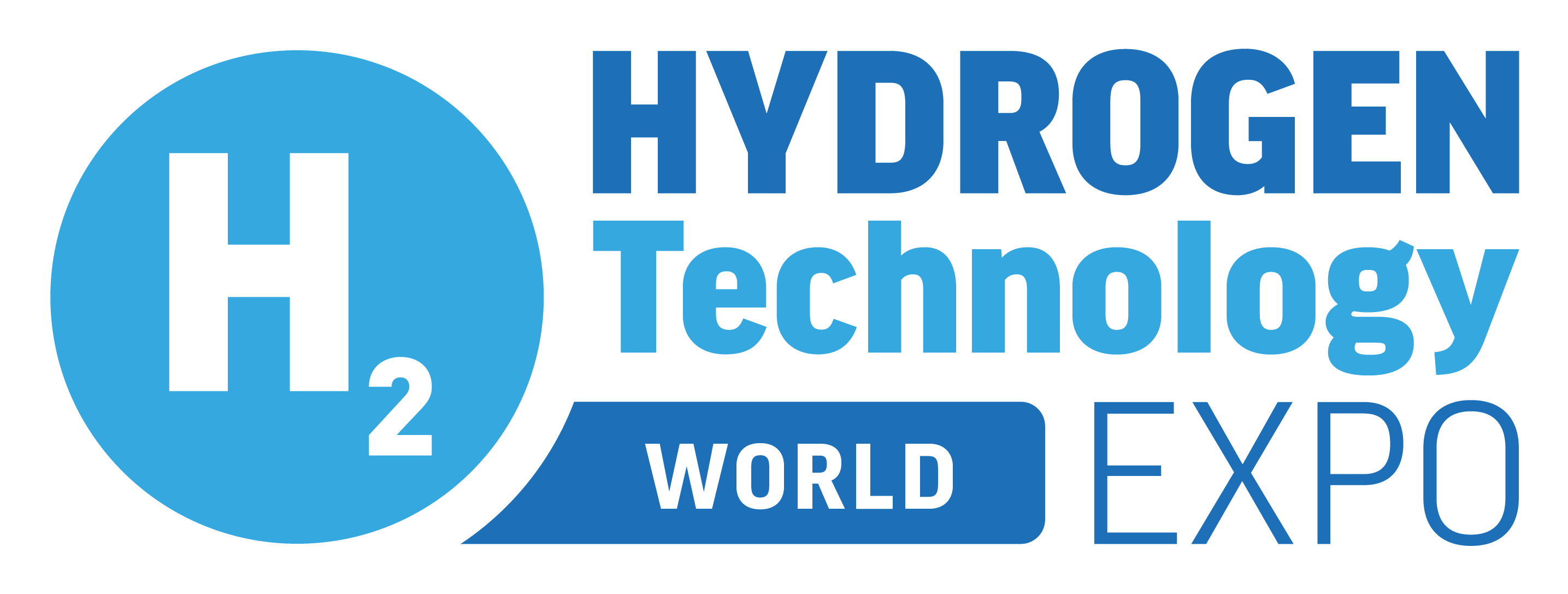The EU has approved Germany’s 2.2 bn euros plans for hydrogen and electrification decarbonsiation
)
It has been announced that Germany’s plans to decarbonise industries with green hydrogen and electrification, have been approved by the European Commission. The plans that Germany submitted, involved using 2.2 bn euros, to perform the task of decarbonising industries with green hydrogen and electrification.
Now that the plans have permission to proceed, under the EU’s state aid rules, the 2.2 bn euros will become available to companies who are looking for a way to electrify industrial processes, or are looking to offset fuel use. One option that the companies could do this would be through the use of renewable hydrogen, or its derivatives and this is where the new plan comes in. The companies who are awarded the money, through the form of a direct grant, will be able to build towards their aim and take their next step.
In order to be selected for this grant, the project in question is deemed eligible if it is able to reduce greenhouse gas (GHG) emissions from production projects. They must be able to perform this task and be able to show a reduction rate of a minimum of 40% from today’s levels. The amount of money that any eligible company could receive, would be 200m euros. Any companies that are selected for grants will be awarded them by 31st December, 2025 at the latest.
This new movement is being performed after the European Council’s adoption of the Renewable Energy Directive (RED), which occurred in 2023. This adoption had the effect of placing mandatory targets, with the aim of ensuring that renewable hydrogen contributed to an estimated 42% of the hydrogen in use, within industrial processes. The aim for this hydrogen switch, was that it would be in full effect by 2030 and it would then be able to increase to 60% by 2035.
The Commission stated that, ‘the German funding is “necessary, appropriate and proportionate” to accelerate decarbonisation, in line with the bloc’s REPowerEU plan.’
Executive Vice-President, Margrethe Vestager, commented that, ‘the scheme will support industries investing in decarbonising, but noted it would “help Germany to reduce its dependence on imported fossil fuels faster.”’




)
)
)
)
)
)
)
)
)
)
)
)
)
)
)
)
)
)
)
)
)
)
)
)
)
)
)
)
)
)
)
)
)
)
)
)
)
)
)
)
)
)
)
)
)

)
)
)
)
)
)
)
)
)
)
)
)


)
)
)
)
)
)
)
)
)
)
)
)

)

)
)
)

)
)
)
)
)
)
)
)
)

)
)
)
)

)
)
)
)
)
)
)
)
)
)


)
